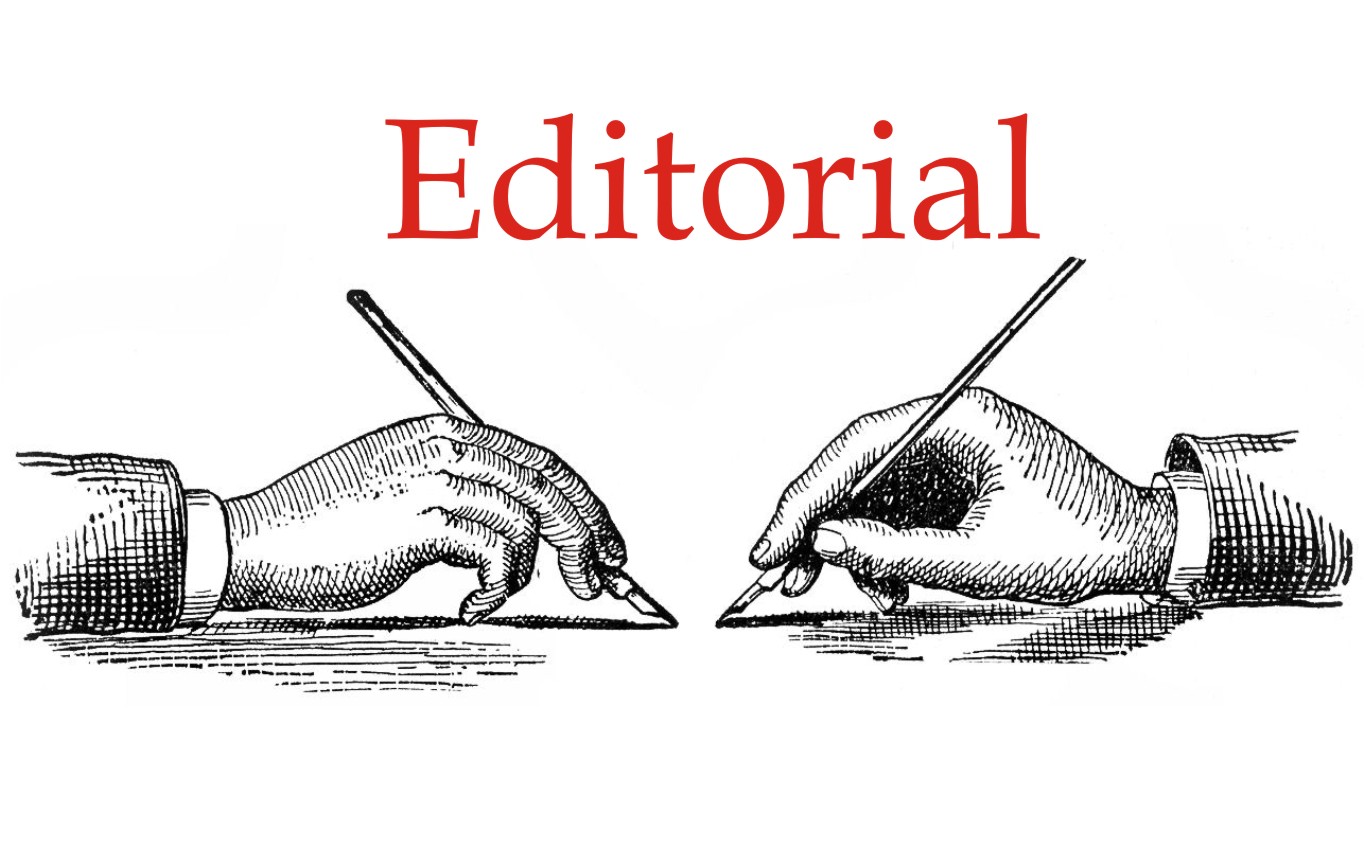Azadi ka Amrit Mahotsav Kolkata event honours four Clergymen
Pope Francis asks businesses to support working women: They’re ‘afraid to get pregnant’
Study: Christianity may lose majority, plurality status in U.S. by 2070
Indian politician declines Magsaysay Award under party pressure
Like John Paul II, Pope Francis heads to Kazakhstan during time of war

The eyes of nature may not see good and evil. Moral outlook requires ethical perspective. The Indian epics Mahabharata, Ramayana, the world classics like King Lear, and the poems of eminent poets, the plays of Aeschylus and Sophocles, and far better still, the Iliad, the book of Job and certain folk poems and far beyond them the accounts of the Passion in the Gospels give us a perspective to look at evil and good. For the radiance of beauty illumines affliction with the light of the spirit of justice and love, which is the only light by which human thought can confront affliction and report the truth of it. We see many facts, but we shall not see truth except by illumination of the spirit of justice. The passion narrative shows us the affliction born out of character of utmost justice and truth. There are so many of us who fail to see goodness in the daily life, situation of life, similarly so many of us fail to see moral issues in our daily situations.
The most serious threat to our democracy is not the existence of foreign totalitarian states. It is the existence within our own personal attitudes and within our own institutions of conditions which have given a victory to external authority, uniformity and dependence upon a leader as demi-god. The battlefield is accordingly here – within ourselves and our institutions. Is freedom only the absence of external pressure or is it also the presence of something – and if so, of what? What are the social and economic factors in society that make for the striving for freedom? Can freedom become a burden, too heavy for man to bear, something he tries to escape from? Why then is it that freedom is for many a cherished goal and for others a threat? Wars were supposed to be the last relics of older times and one needed just one more war to end war; economic crises were supposed to be accidents, even though these accidents continued to happen with a certain regularity. When Fascism came into power, most people were unprepared, both theoretically and practically. They were unable to believe that man could exhibit such propensities for evil, such lust for power, such disregard for the rights of the weak, or such yearning for submission.
Affliction is as real as a landscape and may be lived or witnessed, but the truth of it may be communicated only through art, and when this is achieved, the spirit of love and justice are present, because it is impossible to see affliction in any other way. All just vision even in the strictest problems of the intellect, and a fortiori when suffering or wickedness have to be perceived, is a moral matter. The same virtues, in the end the same virtue of love, are required throughout, and fantasy can prevent us from seeing a blade of grass just as it can prevent us from seeing another person. Similarly, and only art can faithfully represent affliction. It is very difficult to concentrate attention upon suffering and sin, in others or in oneself, without falsifying the picture in some way while making it bearable. Only great art can manage it, and that is the only public evidence that it can be done at all. And again: How is one to connect the realism which must involve a clear-eyed contemplation of the misery and evil of the world with the sense of an uncorrupted good without the latter idea becoming the merest consolatory dream? The moral life is something that goes on continually, not something that is switched off in between the occurrence of explicit moral choices. What happens in between such choices is indeed what is crucial.
Harm, misfortune, or affliction occur in social contexts, which has nothing to do with any particular period in the history of humankind, but has everything to do with how humans relate themselves to each other or fail to do so, in action, with words, and with attention itself. Where there is no consideration for our brothers in humanity, which is to say when thought and judgment are disregarded, or language becomes empty of meaning and fails to connect up with human purposes and human needs, people are subject to the crush of social forces with misery for result.
Leave a Comment